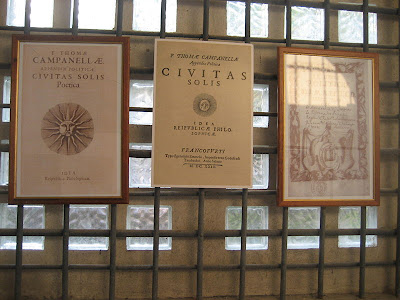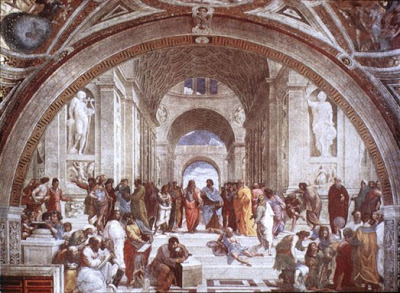You're obviously from another planet. No human would be naiive enough to think that such prescriptions have a hope in hell of coming to fruition.
And you're notion of freedom ... sucks. Near as I can make out, it consists of the absence of constraints maybe freedom as capriciousness or some goofy petty bourgeois glop. Give yourself a slap upside your alien proboscis. heh.
Real freedom is is people participating in making themselves, not in just getting their basic needs met. Your idea sounds like a liberal version of barracks socialism. Fuck that shit. See Mike Lebowitz: The Socialist Alternative and don't come back until you've absorbed it into your consciousness. Now pass me that beer.








